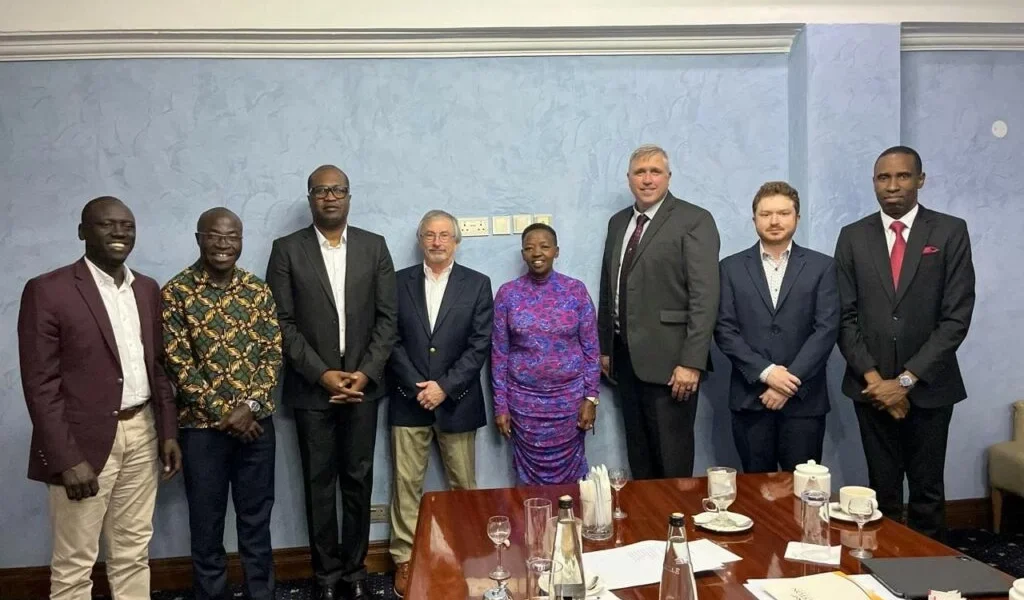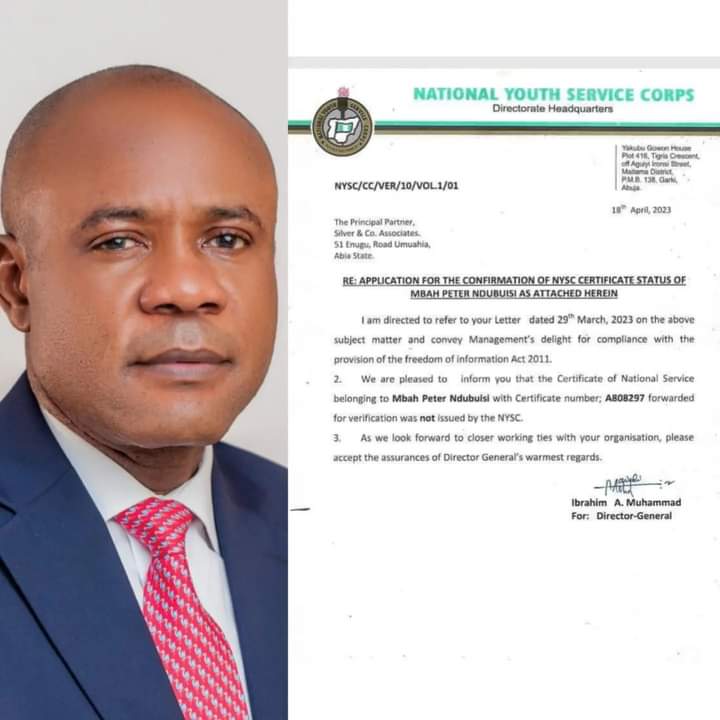
IN preparation for Kenya’s deployment of police officers to Haiti, President William Ruto has consulted not only political advisers and security officials but also a circle of evangelical pastors close to him and his wife, Rachel Ruto. This high-profile mission aims to combat gang violence in the Caribbean country.
President Ruto has involved these pastors in discussions about the deployment, set to begin later this month. According to Serge Musasilwa, an evangelical pastor in Kenya, ‘We believe that we are a tool that God will use to help.’ Musasilwa, who has a background in conflict resolution, added, ‘This guy might be a devil, but there is something that we can build on,’ referring to talks with Haitian gang leaders, including the notorious Jimmy ‘Barbecue’ Cherizier.
The pastors’ efforts have included meetings with Haitians in the United States, US government officials, and evangelical counterparts. Musasilwa and his colleagues believe that the relationships forged with Haitian communities will help avoid the mistakes of past foreign interventions, which have left legacies of human rights abuses and disease.
Daniel Jean-Louis, president of the Baptist Haiti Mission, supports this approach: ‘The more you’re connected to the population, the more you can format the kind of intervention you’re going to lead. This is one of the reasons why all the previous missions failed.’
However, not everyone is convinced. Pierre Espérance, Executive Director of the National Human Rights Defence Network in Haiti, criticised the strategy: ‘It’s not a question of the gospel or praying with gangs that will resolve problems.’
Rachel Ruto’s ‘faith diplomacy’ programme involves religious leaders in social initiatives. She emphasised this during a meeting in Nairobi, saying, ‘We cannot allow our police to go to Haiti without prayer.’
Despite repeated delays and opposition from prominent Kenyans, the mission remains a priority for President Ruto. Evangelicals have long taken an interest in Haiti due to its humanitarian crises and traditional vodoo beliefs, which some evangelicals view as Satanic.
Pete Inman, an American evangelical close to the Rutos, explained, ‘First and foremost, it’s an expression of their faith.’ He also noted the strategic motivation, as the mission bolsters ties to the US, its main financial backer.
Inman facilitated connections between Musasilwa and other evangelical leaders, leading to a series of meetings in the US and Kenya. These meetings produced a white paper that Rachel Ruto presented to the president, addressing law and order, the humanitarian situation, political leadership, and spiritual components.
During their US visit, Kenyan pastors met with Haitian diaspora members and police department leaders. They also held a Zoom call with Haitian gang leaders, including Barbecue. Musasilwa led the conversation and expressed hope for a peaceful resolution.
Musasilwa and another pastor, Julius Suubi, believe that Haiti’s problems are primarily spiritual. They launched a global prayer campaign and drafted a 134-page prayer guide focusing on vodoo practices.
‘We ask You father to utterly destroy every voodoo curse of death that we have,’ states one of the prayers.
These efforts highlight President Ruto’s unique blend of faith and diplomacy in addressing Haiti’s complex challenges. As the deployment date approaches, the mission’s success may depend on the strength of these unconventional alliances.
Spokespeople for President Ruto and his wife did not respond to requests for comment on this story.












